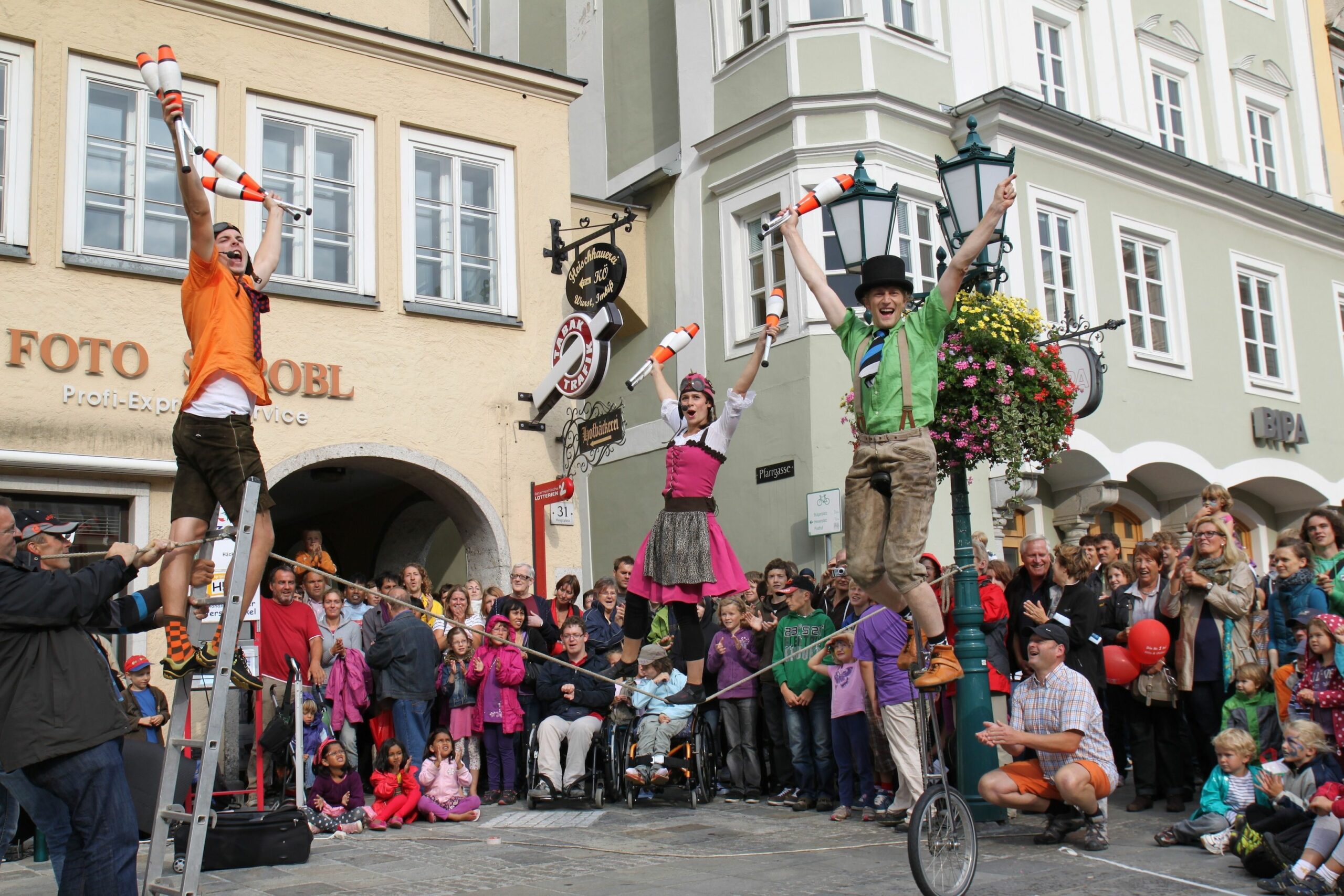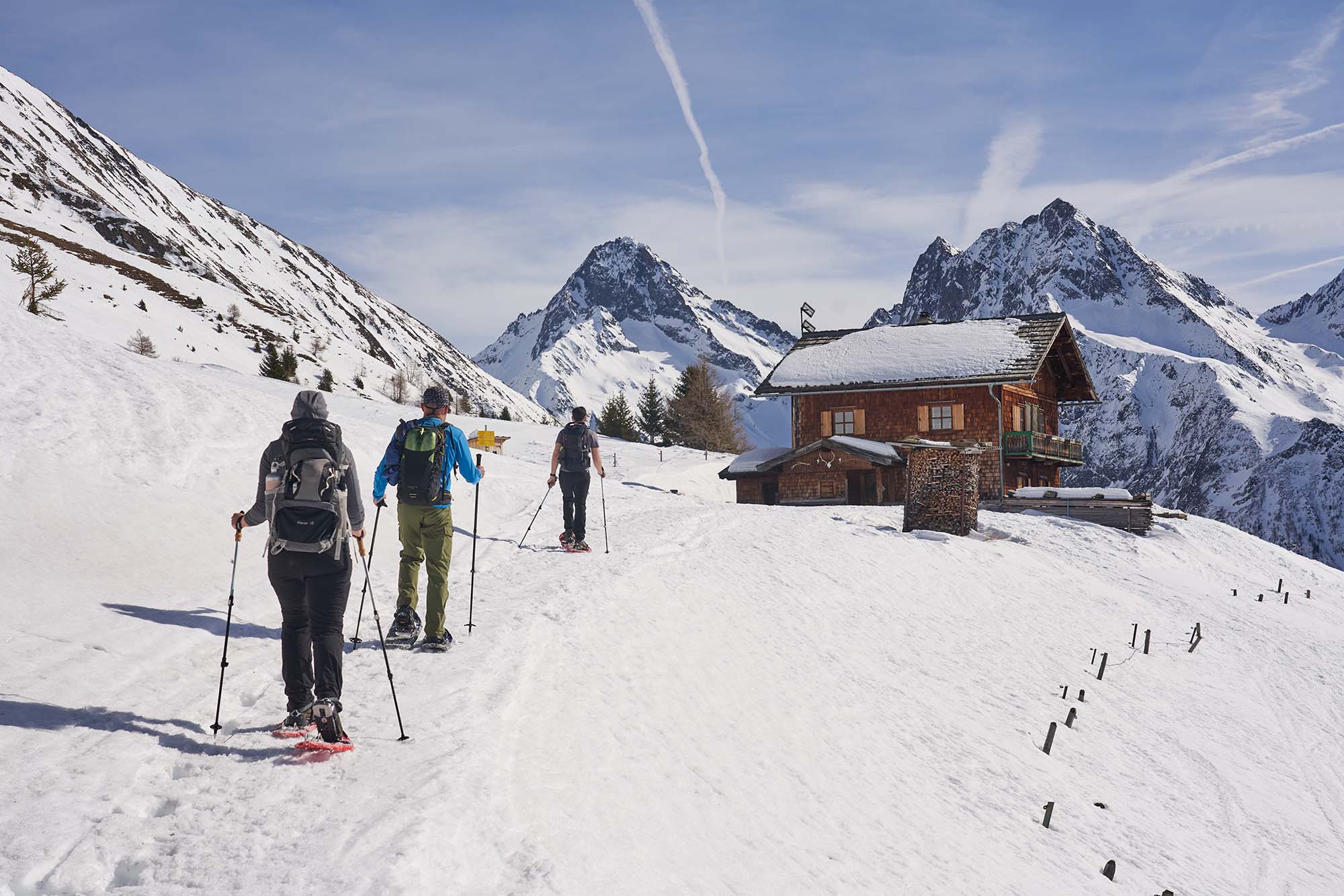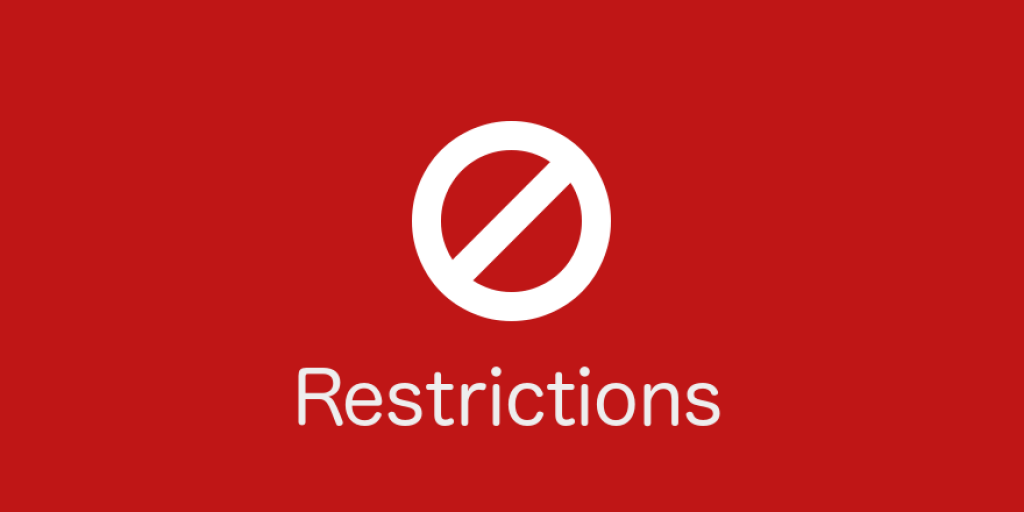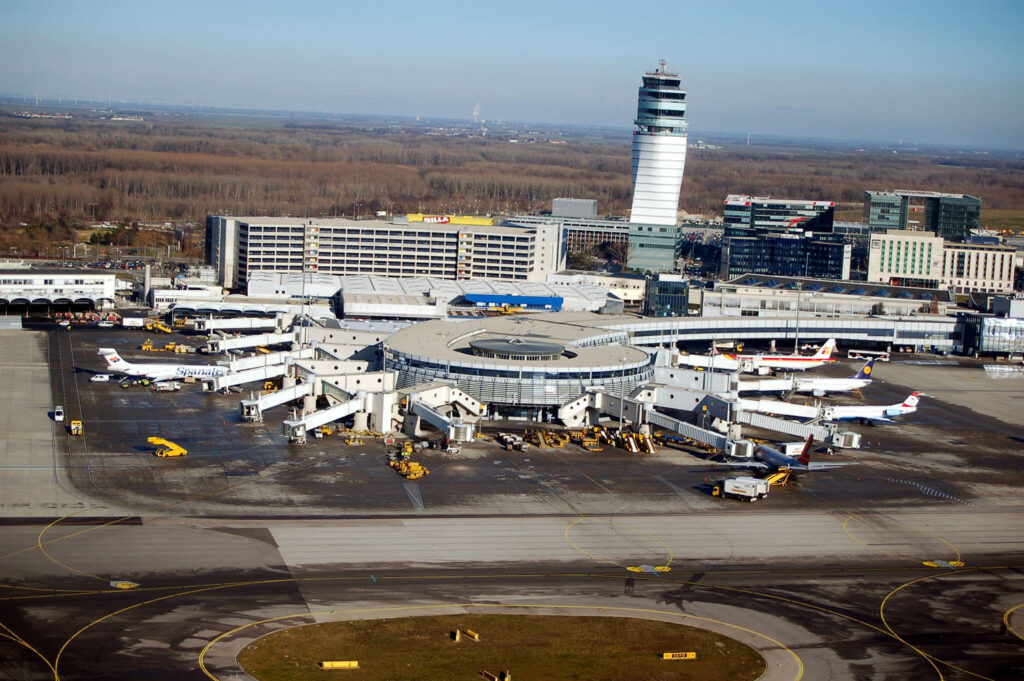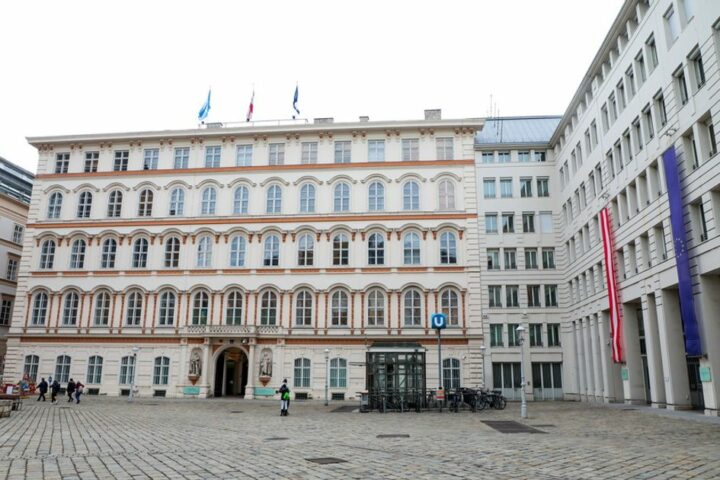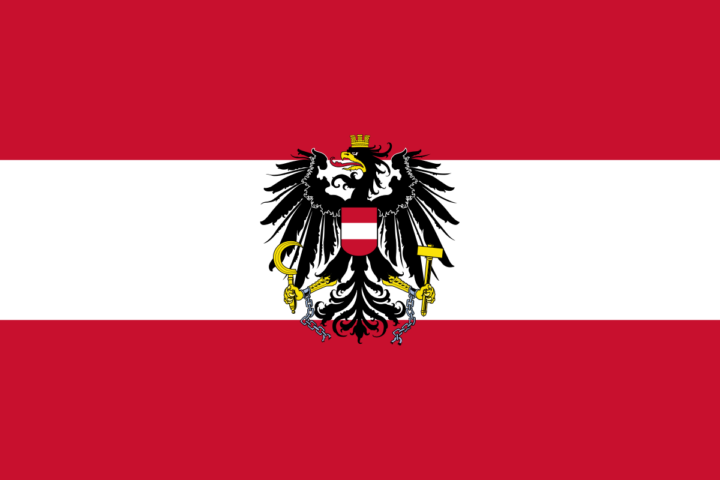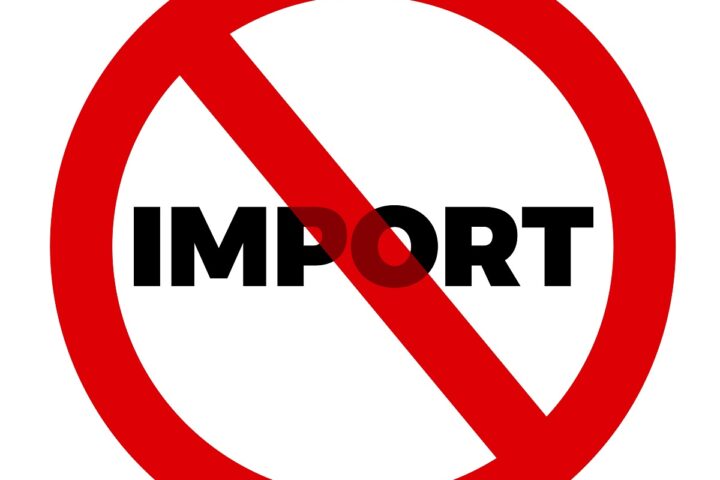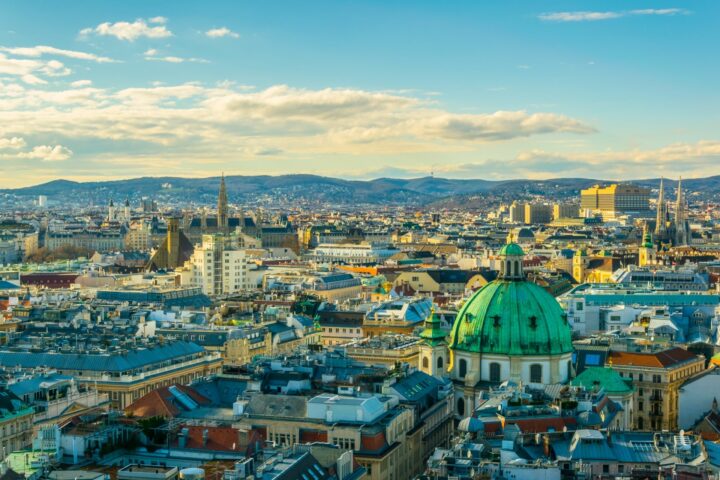Introduction to Austria Holidays
Austria’s holidays are deeply rooted in its history, culture, and religious traditions. From the grandiose Christmas markets to the lively Fasching celebrations, each holiday offers a unique glimpse into Austrian life and customs.
Major National Holidays
New Year’s Day (Neujahrstag)
Date: January 1
New Year’s Day marks the beginning of the calendar year in Austria. Celebrations often start on New Year’s Eve with fireworks, music, and festive gatherings. It is a time for Austrians to make resolutions and look forward to the year ahead.
Fun Fact: The Vienna Philharmonic’s New Year’s Concert is a globally renowned event broadcast to millions of people around the world.
Epiphany (Heilige Drei Könige)
Date: January 6
Epiphany, also known as Three Kings’ Day, commemorates the visit of the Magi to the infant Jesus. In Austria, it is customary for children dressed as the Three Kings to go from house to house singing carols and collecting donations for charity.
Fun Fact: The letters “C+M+B” are often written in chalk above doorways on this day, symbolizing the Latin blessing “Christus mansionem benedicat” (May Christ bless this house).
Easter (Ostern)
Dates: Varies (March or April)
Easter is one of the most important religious holidays in Austria, celebrating the resurrection of Jesus Christ. The festivities include traditional church services, Easter egg hunts, and festive meals.
Fun Fact: In some regions of Austria, it is customary to play the game “Eierpecken,” where participants tap hard-boiled eggs against each other to see whose egg remains uncracked.
National Day (Nationalfeiertag)
Date: October 26
Austria’s National Day commemorates the declaration of permanent neutrality in 1955. The day is marked by official ceremonies, military parades, and various cultural events.
Fun Fact: On National Day, many museums and public institutions offer free admission, allowing people to explore Austria’s rich cultural heritage.
Christmas (Weihnachten)
Date: December 24-26
Christmas is a major holiday in Austria, celebrated with festive decorations, markets, and family gatherings. The season officially begins with Advent, leading up to Christmas Eve, which is the main day of celebration.
Fun Fact: The Christmas markets (Christkindlmarkt) in Austria are famous worldwide, with Vienna’s market being one of the oldest, dating back to 1298.
Regional and Cultural Celebrations
Krampusnacht
Date: December 5
Krampusnacht is a unique tradition in Austria where the Krampus, a horned figure, roams the streets on the eve of Saint Nicholas Day. The Krampus is said to punish naughty children, in contrast to Saint Nicholas who rewards the well-behaved.
Fun Fact: Krampus runs (Krampusläufe) are popular events where people dress up as the terrifying creature and parade through towns, adding a thrilling twist to the holiday season.
Fasching (Carnival)
Dates: Varies (usually February or March)
Fasching is the Austrian version of Carnival, celebrated with colorful costumes, parades, and parties. It is a time of revelry before the solemn period of Lent.
Fun Fact: In the town of Villach, the Fasching celebrations are particularly famous, featuring elaborate floats, marching bands, and vibrant street parties.
Fun and Interesting Facts
Austria’s Christmas markets
Besides Vienna’s renowned Christkindlmarkt, the markets in Salzburg and Innsbruck are also famous for their enchanting atmosphere and traditional crafts.
Public holidays
Austria has more public holidays than many other European countries, with a mix of religious and secular observances.
Silent Night
The beloved Christmas carol “Silent Night” (“Stille Nacht”) was first performed in Austria in 1818 and has since become a global favorite.
Commonly Asked Questions
What is the significance of Austria’s National Day?
Austria’s National Day on October 26 commemorates the country’s declaration of permanent neutrality in 1955, marking the end of Allied occupation after World War II.
How is Easter celebrated in Austria?
Easter in Austria is marked by religious services, Easter egg hunts, festive meals, and the traditional game of “Eierpecken.” Many families also visit Easter markets for seasonal treats and crafts.
What are some unique Christmas traditions in Austria?
Unique Christmas traditions in Austria include the Advent wreath, Christkind (Christ Child) bringing gifts, and the famous Christmas markets. Additionally, the tradition of Krampus adds a fascinating and spooky element to the season.
What is Fasching and how is it celebrated?
Fasching is the Austrian version of Carnival, celebrated with costumes, parades, and parties. It usually takes place in February or March, before the start of Lent. Each region has its own unique customs and events, making it a lively and diverse celebration.
What special holiday is in Austria?
Austria has several special holidays, but one of the most unique is Krampusnacht on December 5. This holiday features the Krampus, a horned, devil-like creature who roams the streets, punishing naughty children the night before Saint Nicholas rewards the well-behaved ones.
Why holiday in Austria?
Holidaying in Austria offers a mix of stunning natural landscapes, rich cultural heritage, and vibrant traditions. From the alpine beauty of the Tyrolean mountains to the historic charm of Vienna and Salzburg, Austria provides a diverse range of experiences for all types of travelers.
How many public holidays are there in Austria?
Austria has 13 public holidays each year. These holidays include a mix of religious observances and secular celebrations, providing ample opportunities for Austrians to relax and celebrate their heritage.
What is the Holiday Act in Austria?
The Holiday Act (Urlaubsgesetz) in Austria regulates employees’ entitlement to annual leave. Under this act, employees are typically entitled to five weeks of paid vacation per year, which increases with longer periods of service.
How many vacation days in Austria?
Employees in Austria are generally entitled to 25 days of paid vacation per year. This entitlement can increase to 30 days after 25 years of service, reflecting Austria’s commitment to work-life balance.
What are 5 interesting facts about Austria?
- Austria is home to the oldest zoo in the world, Tiergarten Schönbrunn, which was established in 1752 in Vienna.
- The famous Christmas carol “Silent Night” (“Stille Nacht”) originated in Austria in 1818.
- Vienna hosts one of the most prestigious New Year’s concerts by the Vienna Philharmonic, broadcast worldwide.
- Austria has a rich tradition of coffeehouse culture, with historic cafes in Vienna serving as important social and cultural hubs.
- The picturesque village of Hallstatt is one of the oldest still-inhabited settlements in Europe, with a history dating back over 7,000 years.
Why is Austria famous for tourism?
Austria is famous for tourism due to its breathtaking landscapes, including the Alps, historic cities like Vienna and Salzburg, and rich cultural heritage. It offers world-class skiing, classical music festivals, and beautiful architecture, attracting millions of tourists each year.
Does Austria have tourism?
Yes, Austria has a thriving tourism industry. It attracts millions of visitors annually who come to explore its scenic landscapes, historical landmarks, cultural events, and outdoor activities. The country’s well-developed infrastructure and hospitality industry make it a popular destination for travelers from around the world.
- Embassies of Austria - June 27, 2024
- Where is Austria Located? - June 27, 2024
- Austria Holidays - June 26, 2024

